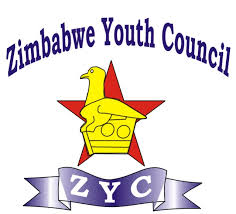The Ministry of Youth, Sport, Arts and Recreation is calling on youths across the country to participate in the consultation meetings to review the National Youth Policy.
The ministry with the support of the United Nations Population Fund (UNFPA) has engaged a consultancy team to assist in reviewing the policy with key stakeholders including youths throughout the ten provinces.
The review process meetings will run for a week in all provinces starting from October 7 to October 13.
In Bulawayo, the meeting will be held on October 11 at Drill Hall from 9 am.
The policy was last updated in 2012 and the revised policy document will seek to create an enabling environment with young people in line with vision 2030.
Zimbabwe Youth Council (ZYC) programmes manager Lungani Zwangobani noted that the consultant has started the process of engaging key stakeholders in this important process.
“A team will lead to all the provinces of Zimbabwe to consult more stakeholders and paying particular attention to young people from all walks of life, said the programmes manager,” he said.
Zwangobani added that the policy is of vital importance in empowering youths to contribute towards the shaping and building of the nation.
“It represents a declaration of the priorities and direction that Zimbabwe intends to give to the development of its young women and men. Government is taking this process with the seriousness it deserves,” he said.
He also reiterated that state-driven policies have the potential of integrating youths in the mainstream development processes, by creating a favourable framework for youth to develop their capabilities in order to access more rewarding opportunities.
“Youths also have the potential to create tensions and conflict, and fail to change the circumstances of youth. This is especially the case where the implementation structures are rigid and lack clear guidelines for engaging youth in the planning and implementation of policies and programmes,” said Zwangobani.
“In addition, policies could remain irrelevant and too general, without having a real connection with the problems facing youth. Often times, the problems are multiple and linked, thus requiring policies that recognize this intricate connection.”
ZYC reiterated that they hope that marginalised youths particularly young women, those living with disabilities, students, unemployed youth, out-of-school youth, youths living with HIV and those in the diaspora will engage in the review process so that their needs are attended to.

